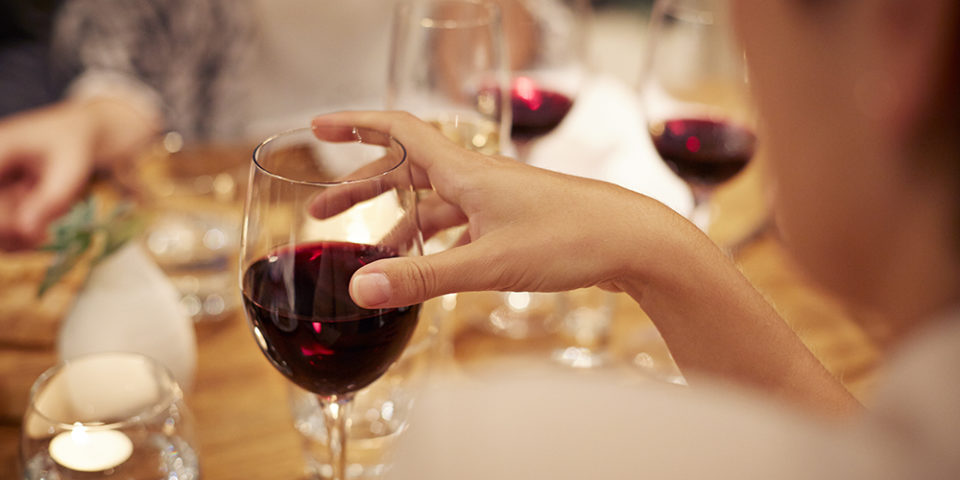Drinking alcohol after weight loss surgery
Undergoing weight loss surgery doesn’t necessarily mean avoiding alcohol for the rest of your life. Lindsay Kirkland, RDN, offered a few tips on safely drinking alcohol after weight loss surgery.
Keep in mind that your body has changed
Aside from needing to adapt your way of eating, you’ll also need to change just about everything about how you consume food and drink. This applies heavily to alcohol or any other intoxicating substance, too.
“Alcohol is metabolized differently after gastric bypass surgery,” said Kirkland. “It affects the liver and other parts of the body differently and abusing alcohol can lead more quickly to liver damage or eventually cirrhosis, or liver failure.”
Alcohol will enter your bloodstream more quickly – and stick around for longer
When drinking after weight loss surgery, keep in mind that the alcohol will start metabolizing into your bloodstream much more quickly, and a breathalyzer test may come back as over the legal limit even if you feel completely sober, leading to potentially serious consequences.
“We recommend that anyone who needs to drive at any point in the evening shouldn’t drink at all, especially when you’re still getting used to the differences in how your body will work through the food and drink you consume,” said Kirkland. “If you feel you must drink, stay home or in a place where you’ll be staying the night, or ensure you have a designated driver. If you’re not sure, don’t drink.”
Alcohol offers empty calories – and no hydration
Alcohol has no nutritional value and offers only empty calories, potentially causing a ‘dumping syndrome’ due to high sugar content (especially when it comes to mixed drinks, which are often heavily sugary-sweet). It’s also dehydrating – and no, the ice in the glass won’t make up for the water your body loses.
While anyone who drinks alcohol should be sure to stay hydrated by simultaneously drinking water, this is even more essential after weight loss surgery.
“One further problem, especially post-surgery, is that alcohol will both lower inhibitions and also stimulate appetite, causing not just food cravings but also lessening your ability to refuse them,” said Kirkland. “This can lead to you feeling ill, having stomach pains, or struggling with other uncomfortable digestive problems.”
Different people seek out weight loss surgery for different reasons. For those who struggle with an addictive relationship with food, it may be tempting to replace eating with another behavior, like compulsive spending, cigarettes, recreational drugs, physical relationships or alcohol. Drinking alcohol after weight loss surgery runs the risk of becoming dependent on the substance to feel better, which is one reason counseling is heavily recommended prior to weight loss surgery.
Find the care you need, close to home
Our primary care physicians provide well visits and everyday care when you need it with compassion and expertise.
Find Primary Care Near You

